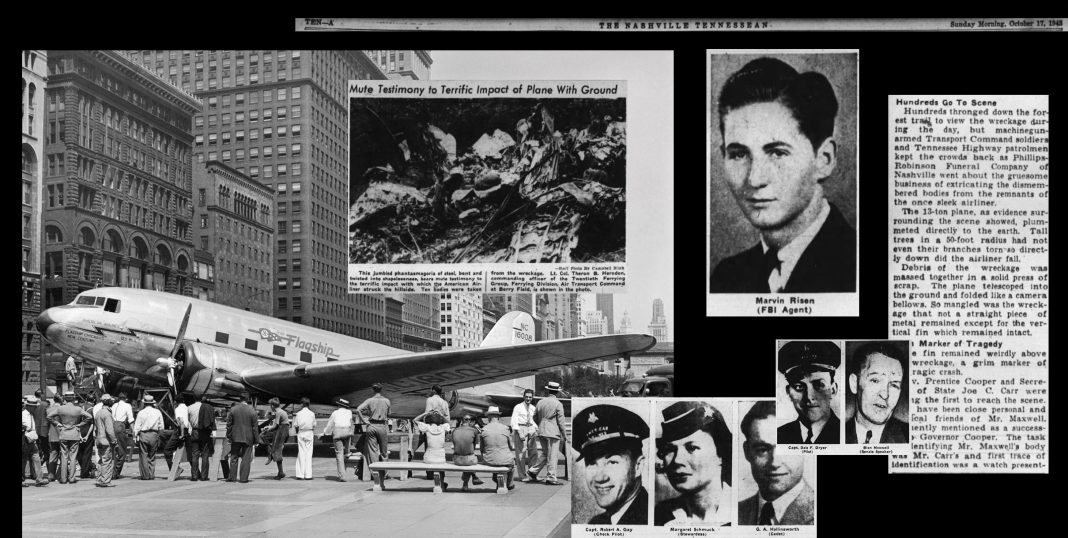Marvin Risen, my uncle, was an FBI agent who tragically died in a plane crash in 1943. Growing up, my family was haunted by the lack of answers surrounding his death. They speculated whether it was an act of wartime sabotage, considering the proximity of his FBI office to Oak Ridge, Tennessee, where the Manhattan Project was underway. Decades later, in 2022, the FBI finally reached out to my cousin Michael Risen to discuss Marvin’s case. It was then that we learned about the FBI’s callous treatment of our family and their failure to include Marvin on the FBI Wall of Honor.
Looking back, it’s clear that my parents’ struggle to uncover the truth about Marvin’s death was not their fault. The FBI, under the leadership of J. Edgar Hoover, operated like a dictatorship. Hoover manipulated the press to create a heroic image of the FBI, focusing on gun battles with gangsters and spies. Agents like Marvin, who died in accidents or from illnesses, were largely ignored by Hoover’s FBI.
The details of the plane crash revealed that it was an accident caused by ice buildup on the wings and propellers. The crash site was so remote that it wasn’t discovered until the next morning. Marvin’s body could only be identified by his FBI briefcase. The Civil Aeronautics Board criticized American Airlines for flying without deicing equipment.
In my pursuit of answers, I filed a Freedom of Information Act request with the FBI and received a package filled with documents about Marvin’s life and death. The files showed that Hoover took a personal interest in Marvin’s case initially, suspecting sabotage. However, once it was determined to be an accident, Hoover lost interest. He and his right-hand man, Clyde Tolson, personally decided not to include Marvin on the FBI Wall of Honor, deeming an accidental plane crash unworthy of recognition.
Marvin’s wife, left widowed with two small children, was offered a secretarial job at FBI headquarters, which she declined. Two of Marvin’s sisters even went to FBI headquarters to discuss his case, but Hoover refused to meet with them. Marvin’s wife later remarried another FBI agent, and their sons kept the Risen name.
Decades later, the FBI finally changed the standards for the Wall of Honor, allowing agents who died in accidents to be included. Marvin’s case was discovered by retired FBI agent Thomas Cottone, who advocated for his inclusion. The change in qualifications may have been influenced by the inclusion of agents who died from exposure to toxins at Ground Zero and the Pentagon after 9/11.
In May 2024, a ceremony was held at FBI headquarters to honor Marvin and seven others added to the Wall of Honor. While some members of my family attended, I couldn’t bring myself to go. As a journalist covering national security issues, I have had a painful and complicated relationship with the FBI. They have spied on me, sought to discredit me, and even tried to imprison me. Despite this, I continue to report on the FBI, always wary of their intentions.
Marvin Risen’s story is finally being recognized, but the pain and complications surrounding my family’s relationship with the FBI remain. Marvin’s memory lives on through his sons and grandsons, who have achieved success in their own right. The FBI’s treatment of Marvin and our family will always be an open, unhealed wound.

